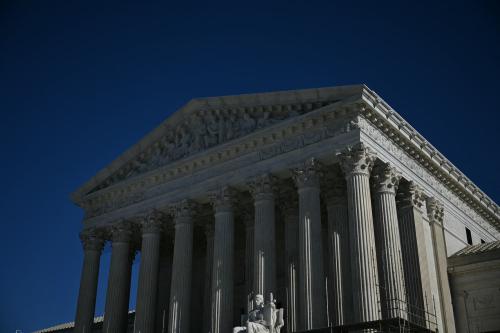INTRODUCTION
In the past five years, news in the Arab world has been dominated by mostly painful stories from Iraq. In the Gulf region, many Arabs are caught between a crumbling Iraq and the rising influence of Iran and have focused on Shiite-Sunni sectarianism—while at the same time enjoying economic vibrancy driven by high oil prices and domestic investments. The Lebanese have suffered from the 2006 war with Israel and the ensuing domestic crisis. Egyptians and other Arabs are hurting from rising food prices, and the tragedy in Darfur continues to grab attention. Has all this eclipsed concern about the Palestinians? To what extent do Arabs still care about the Arab-Israeli conflict?
In this paper, I will analyze some of the emerging trends in public attitudes and whether there has been a change over time in the degree to which Arabs assign importance to this issue. The aim is not only to analyze how the ranking of the Palestinian issue has changed in Arab public opinion but also to study the ramifications for Arab perceptions of the divide between Hamas and Fatah, between the government appointed by President Mahmoud Abbas in Ramallah and the Hamas-appointed government in Gaza. In addition, I will analyze Arab public attitudes toward Israel, Israeli power, and the prospect of Middle East peace. The analysis in this paper is primarily based on six public opinion surveys I completed (with Zogby International). They were conducted face to face in six countries: Egypt, Saudi Arabia (KSA), Lebanon, Morocco, Jordan, and the United Arab Emirates (UAE). Six annual surveys were conducted in 2002-2008, ranging in size from 3300 to 4046 participants, representing a sample of urban, educated populations in each country.1 Additional surveys are planned for the next two years.
The Brookings Institution is committed to quality, independence, and impact.
We are supported by a diverse array of funders. In line with our values and policies, each Brookings publication represents the sole views of its author(s).



